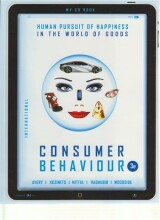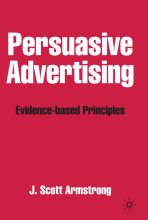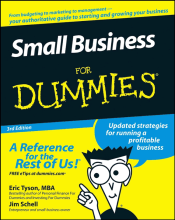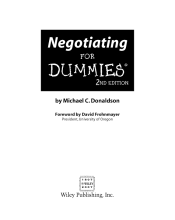Learning - Consumer information processing
18 important questions on Learning - Consumer information processing
Which type of learning model is only applicable to humans?
Only humans have the capacity for cognitive learning, because only humans have the capability to process information.
Name the three subparts of memory
- Sensory
- Short term
- Long term
How come that sometimes you do not remember an advertisement at all?
The sounds and visuals remain for less than a second on our senses, long enough for us to decide whether we should pay any attention. If we decided not to pay any attention, they would vanish. So you cannot remember these ads.
- Higher grades + faster learning
- Never study anything twice
- 100% sure, 100% understanding
Link short-term memory and long-term memory with active and passive memory.
Short-term memory is active memory, we are currently working with it and on it.
Long-term memory is passive memory, when needed we can access the information.
What are the two characteristics of long-term memory?
- Unlimited capacity
- Efficient organization
What is encoding with reference to memory?
The process of moving information from STM to LTM. We assign it a meaning and then file it in a category of similar things.
What is remembering/retrieval with reference to memory?
The process of withdrawing information from LTM to STM.
How is information kept alive in STM? And what is meant with this sentence?
Information being kept alive, means keeping it in our consciousness currently.
Two ways to do this:
- Rote rehearsal: repeating the information in our heads, mechanically, without thinking about it.
- Quick coding: identifying some surface features in the information to help us remember it for the time being. (geheugensteuntjes)
When transferring information from STM to LTM it is called 'encoding'. What are three ways of encoding?
- Repetition
- Mnemonics
- Elaboration
What is the difference between repetition and rehearsal?
Rehearsal is the process of repetition, when the consumer is the one actively doing the repeating. Repetition, can also occur without the consumer's intent and effort, e.g. when consumers are repeatedly exposed to a stimulus.
What are the differences between repetition used to encode information from STM to LTM and rote rehearsal used to keep information alive in STM.
The process is the same with two exceptions for placing the information into the LTM:
- Rehearsal needs to be repeated several times at various intervals
- Do the repetition with more focused attention
Elaboration results in knowledge being developed and stored as an associated network. What is this?
This is a network of various concepts organized and stored in memory.
All knowledge is of two types, name them:
- Episodic: descriptions of events
- Semantic: information about objects and their properties
Two types of memories are:
- Semantic memories: memories of objects and their properties
- Episodic memories: memories of events - both that happened to you personally and that you witnessed
How should you as a marketer use the two types of memories (episodic and semantic)?
Because people remember episodic memories easier, you need to embed semantic knowledge (knowledge about the product and its features) within an episode.
Which mechanisms are there to retrieve information from LTM into STM?
- Recognition: identifying a stimulus as having been encountered before (access and retrieve information from LTm based on an exposure to a relevant external stimulus object).
- Recall: becoming conscious of some information residing in LTM without the stimulus being present.
What are the two forms of recall?
- Unaided recall: access information without any clues
- Aided recall: access information with some clues
What is 'spreading activation' in terms of your brain memory?
Phenomenon where consciousness of one of the nodes suddenly activates our consciousness of all the other nodes.
The question on the page originate from the summary of the following study material:
- A unique study and practice tool
- Never study anything twice again
- Get the grades you hope for
- 100% sure, 100% understanding































